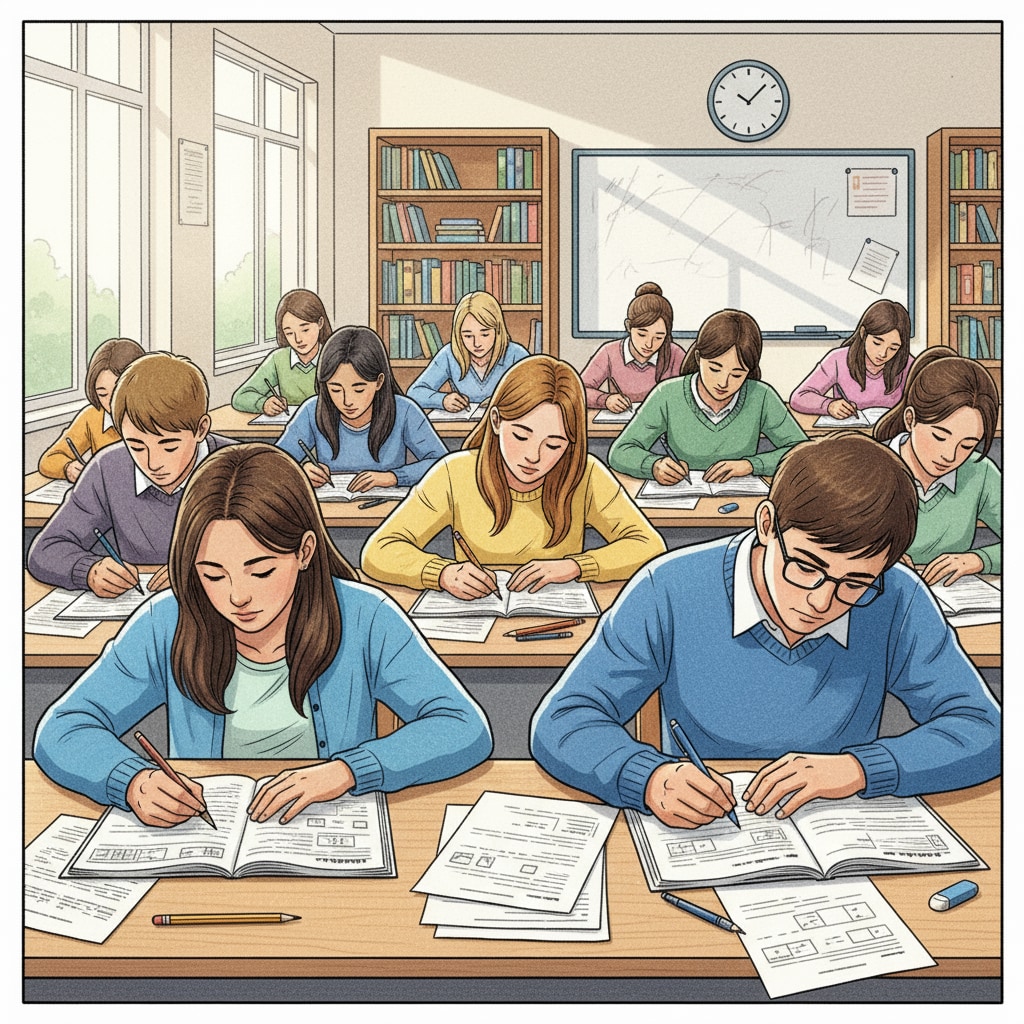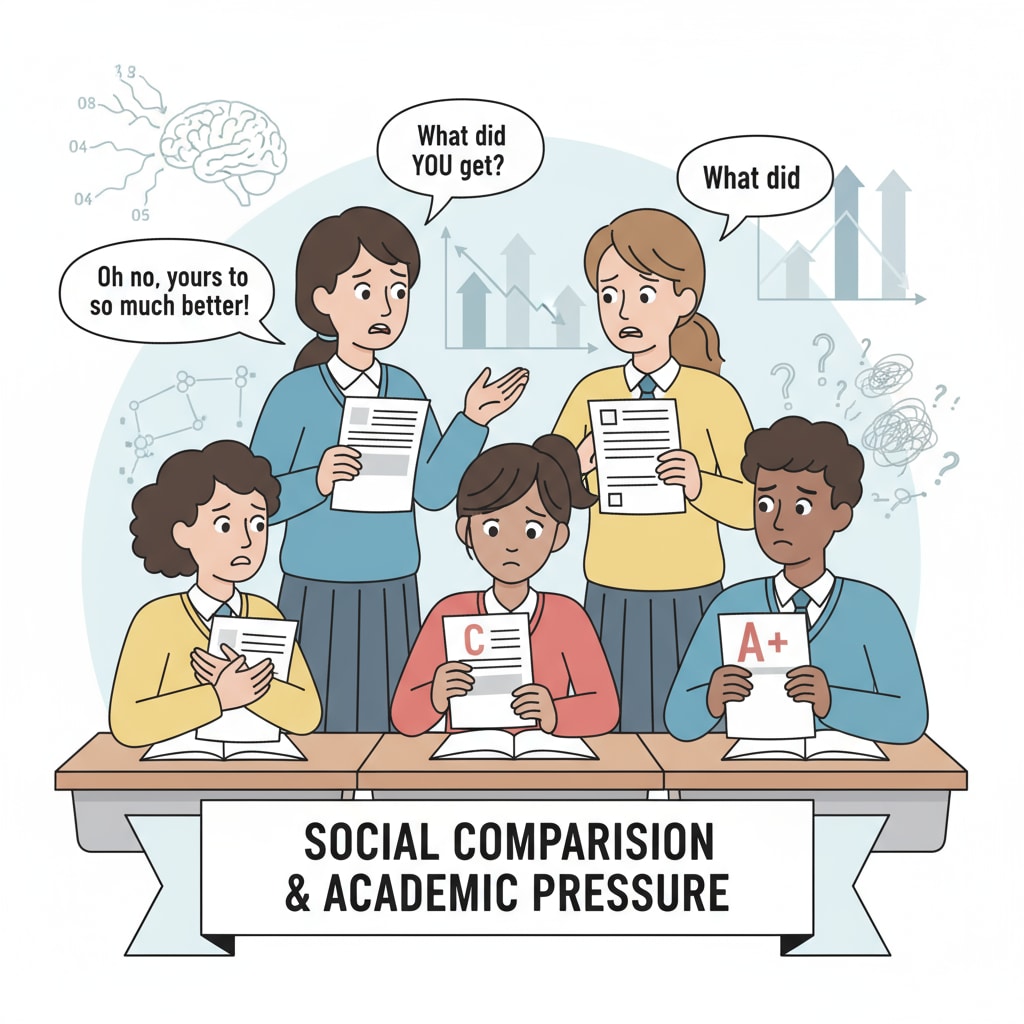In the realm of contemporary K12 education, educational pursuits, social pressures, and herd mentality have conspired to create a landscape where students and parents find themselves in a relentless race, often forgetting to ask the fundamental question: “Why learn?” This disconnection between educational choices and personal true意愿 is a phenomenon that demands our attention.

The Pressure Cooker of Educational Pursuits
Educational pursuits in today’s society have become synonymous with achieving high grades and gaining admission to prestigious universities. Parents and students alike are driven by the belief that these achievements are the keys to a successful future. As a result, the focus often shifts from genuine learning to rote memorization and test-taking skills. For example, many students spend countless hours cramming for standardized tests, sacrificing their interests and hobbies in the process. This narrow view of education fails to nurture creativity, critical thinking, and a love for learning. According to Britannica, true education should encompass a broad range of skills and knowledge, not just academic achievements.
The Influence of Social Pressure
Social pressure plays a significant role in shaping educational choices. In many communities, there is an unspoken expectation that children should follow a certain educational path. Parents may feel pressured to enroll their children in advanced classes or extracurricular activities to keep up with their peers. This pressure can be overwhelming for students, leading to stress, anxiety, and even burnout. Moreover, the fear of being left behind or not meeting societal expectations often forces students to pursue educational goals that may not align with their true interests. As stated on Wikipedia, social factors can have a profound impact on educational decisions.

In addition to social pressure, herd mentality also contributes to the disconnection between educational choices and personal true意愿. People tend to follow the crowd, assuming that the path taken by the majority is the right one. In the context of education, this means that students may choose certain majors or career paths simply because they are popular or in demand, without considering their own passions and strengths. This can lead to a lack of motivation and fulfillment in their academic and professional lives.
To address this issue, it is crucial to reevaluate the purpose of education. Instead of focusing solely on external rewards, we should encourage students to explore their interests, discover their passions, and develop a sense of purpose. Parents and educators should create an environment that fosters individuality, creativity, and critical thinking. By doing so, we can help students make educational choices that are in line with their true selves, leading to a more fulfilling and meaningful learning experience.
Readability guidance: The article uses short paragraphs to present ideas clearly. Each H2 section provides key points. The passive语态 is kept to a minimum, and transition words like “for example”, “in addition”, and “moreover” are used to connect ideas smoothly.


